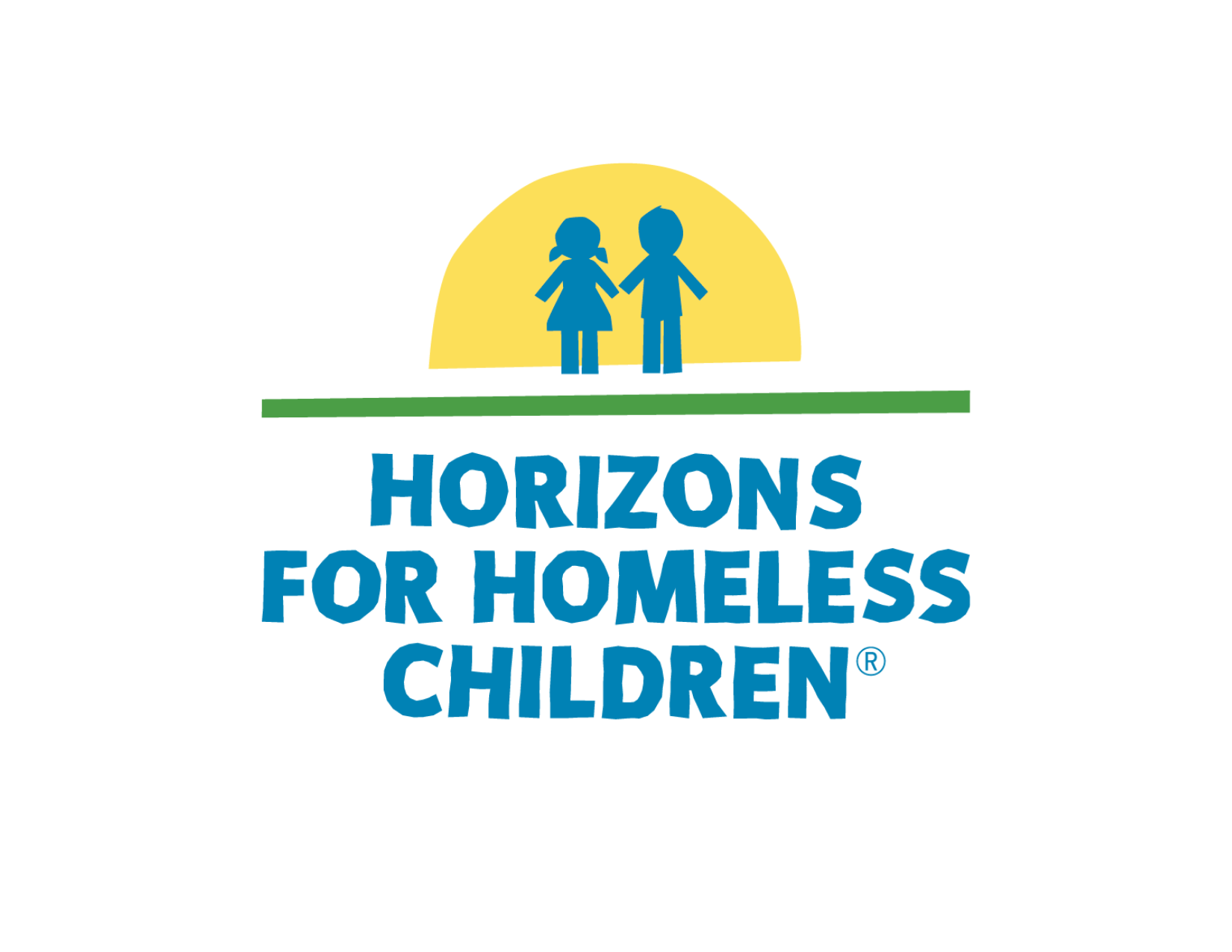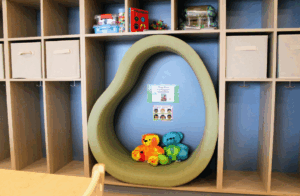Tips for Establishing a Summer Routine for Your Family
- by hhc_admin_1
Summer is in full swing, a time for relaxation, outdoor play, vacations, and more! However, the newfound freedom of summer can lead to looser routines for children. Consistent routines are important for children, and as the days become less predictable, there are ways you can help your child transition smoothly into a new summer routine.
The Importance of Routine
Established routines make children feel safe. Providing a sense of security in situations because they’ve experienced them before. The start of summer can disrupt these routines, making children feel out of sync and lacking control, feelings that can be upsetting for children.
Recognizing the Signs and Strategies to Counteract Them
You are the expert of your child; if their behavior seems out of character, it may be time to reevaluate their summer schedule. If you do notice behavioral changes, like increased crying, irritability, or a sense of nervousness, don’t stress. There are several ways to help them get back on track!
- Set up a family routine – whether it’s having breakfast at the same time every day or going to the library the same day each week, these small consistencies make a difference in regaining a schedule for children. Part of the family routine should include time for parental self-care. A few moments alone doing something enjoyable allows a parent to recharge, so they are at their best when with their child.
- Create choices – you can help children feel in control by giving them choices. For example, “Do you want to go to the pool or ride your bike?” “Green shirt or blue today?” Simple choices give children a sense of power and control.
- Positive mindset – If you notice signs that your child is struggling from the lack of routine, focus on the positives! When talking to children about their behaviors, focus on what you want them to be doing instead of what you need them to stop. This helps them to learn what to do in that situation in the future much faster.
- Encourage communication about feelings- When children are able to talk about how they are feeling and find ways to work through their feelings, they are more able to focus on learning. Think about when you are upset about something. Are you ready to sit down and focus on someone else or something else? Not usually until you can work through what is bothering you. Normalize talking about your feelings! If you are happy about something, tell your children about it. If you feel frustrated, let your children know you feel frustrated and that everyone does. When you see your children upset, name their feelings, and talk through how you can help them feel better.
- Connections – kids, just like adults, need connections! Kids connect best through play, so take time to play with your child to foster a healthy relationship.
These tips help create a smooth transition to summer, ensuring it’s a season filled with joy, connections, love, and lots of play.
This post was written by Meghan Schafer, Playspace Program Director for the Southeast region.




